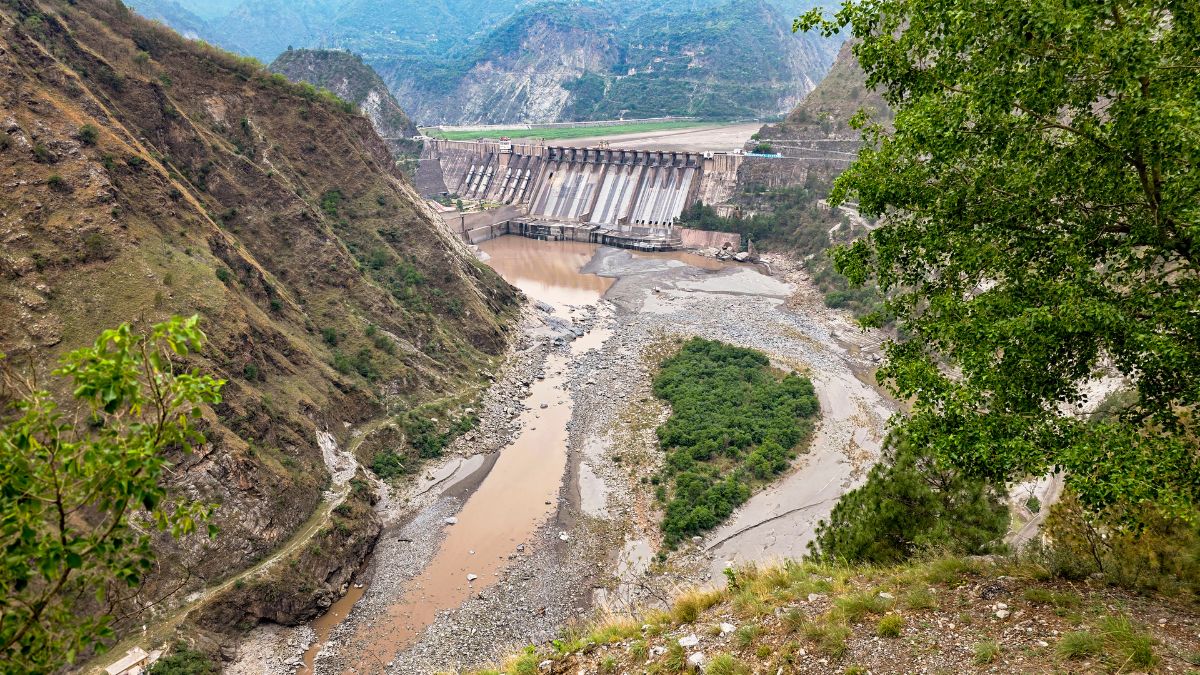Why China is not a 'neutral observer' as India, Pakistan wrangle over Indus Waters Treaty
 All gates of Salal Dam on the Chenab River were closed following suspension of the Indus Waters Treaty | PTI
All gates of Salal Dam on the Chenab River were closed following suspension of the Indus Waters Treaty | PTI
The six-decade-long Indus Waters Treaty (IWT), which survived multiple wars, ended in April when India decided to suspend it over the Pahalgam terror attack, much to the dismay of Pakistan. While both countries continue to wrangle over the issue, with India refusing to budge from its stance, the focus has slowly shifted to China, a staunch ally of Pakistan.
Pakistan has sought China's diplomatic support in the matter, following which Beijing and its analysts called India's move "a form of unlawful coercive diplomacy". The help also came in the form of China accelerating the construction of the Mohmand Dam in Pakistan.
While China's response was somewhat expected considering how it views India as its regional enemy, its role is more than just a neutral observer, according to an analyst.
Pintu Kumar Mahla, research associate at the US-based Water Resources Research Institute, argues that Beijing might respond by disrupting the flow of rivers in its territory that feed into India. Though China is not a party to the IWT, the Indus originates in Tibet. Chinese commentators have been highlighting this claim in a bid to insert China as a potential stakeholder.
Any intervention by Beijing over the Indus Waters Treaty risks stirring up regional tensions, according to Mahla. He states that Chinese media is engaging in narratives "framing India as the aggressor", so as to embolden "Beijing's greater presence in South Asian politics".
China's investments in Pakistan’s hydropower sector are "motivated by a mix of economic and geopolitical interests, particularly in legitimising the China-Pakistan Economic Corridor. But it comes at the cost of stirring up regional tensions," Mahla says in an article that appeared in The Conversation.
The analyst says that the alignment of Chinese and Pakistani interests in developing hydro projects can pose a further challenge to the stability of South Asia’s water-sharing agreements, especially in the Indus Basin.
One of the joint China-Pakistan projects is the Indus cascade project, a controversial project planned in Gilgit-Baltistan, a disputed area in Pakistan-controlled Kashmir. This underscores the delicacy of the situation, Mahla argues.
World